An Arbitral Award Issued by APIAC (Singapore) Has Been Enforced in China for the First Time
On June 19, 2024, the "(2024) APIAC No.6" arbitral award issued by Asia Pacific International Arbitration Chamber (Singapore) ("APIAC (Singapore)") was registered for enforcement at the First Intermediate People's Court of Tianjin Municipality (China), and successfully executed on August 27, 2024. This marks the first instance of an APIAC arbitral award being enforced in China.
The enforcement of APIAC arbitral award by the Chinese judiciary not only underscores the professionalism and international recognition of APIAC awards but also reflects the robust economic and trade ties between China and Singapore. This instance signifies the growing influence of APIAC awards within the international arbitration arena.
I. Contractual Provisions Related to the Case
In this case, the arbitration clause provides: "Jurisdiction for disputes arising from or related to the original contract shall be transferred to the Asia Pacific International Arbitration Chamber, with the seat of arbitration located in Tianjin. Any disputes shall be promptly resolved through negotiation. If negotiation fails, the dispute shall be submitted to Asia Pacific International Arbitration Chamber for arbitration in accordance with its prevailing arbitration rules at the time of application for arbitration. Both parties consent to jointly entrust the President of APIAC to appoint a sole arbitrator to form the tribunal for this case. The arbitral award shall be final and binding on both parties."
Following the Claimant's submission of the arbitration request to APIAC, the case was heard by a sole arbitrator, and an award was issued on June 19, 2024. After the award was issued, the Claimant applied to the Chinese court for recognition and enforcement of the arbitral award.
II. Basis for Enforcement in This Case
The arbitral award in this case was issued by APIAC (Singapore), with the seat of arbitration in Tianjin, China. Referring to Article 100 of the Minutes of the National Symposium on the Foreign-related Commercial and Maritime Trial Work of Courts (2021) of China, which states that "An arbitral award rendered by an overseas arbitration institution in the Chinese mainland should be deemed as a foreign-related arbitral award made in the Chinese mainland." the award are to be trated as a foreign-related arbitral award made in the Chinese mainland. Accordingly, it should be reviewed in accordance with Article 281 of the Civil Procedure Law of the People's Republic of China (2017 Amendment) (Article 298 of 2023 Amendment), which provides that "Where an effective judgment or ruling rendered by a foreign court requires recognition and enforcement by a people's court, a party may directly apply to the intermediate people's court having jurisdiction for recognition and enforcement or apply to the foreign court for the foreign court to request recognition and enforcement by a people's court in accordance with the provisions of an international treaty concluded or acceded to by the People's Republic of China or under the principle of reciprocity." Therefore, the Claimant in this case filed for enforcement at the First Intermediate People's Court of Tianjin Municipality, which is located in the respondent's jurisdiction.
Ⅲ. On the Enforcement of Arbitral Awards by Foreign Arbitration Institutions in Chinese Mainland
1.Convention on the Recognition and Enforcement of Foreign Arbitral Awards
In 1958, the Convention on the Recognition and Enforcement of Foreign Arbitral Awards (commonly known as the New York Convention) was established. The New York Convention mandates that each signatory state shall recognize and enforce arbitral awards issued in other signatory states. China acceded to the New York Convention in 1987. As of now, the convention has been ratified by 172 states.
2.The Model of “Foreign Arbitration Institution + the Chinese Mainland” as the Seat of Arbitration
In the Brentwood case [Case No.:(2015) Sui Zhong Fa Min Si Chu Zi N62], the parties agreed to submit the dispute to the International Court of Arbitration of the International Chamber of Commerce (ICC), with a sole arbitrator making the award in Guangzhou. The Guangzhou Intermediate People's Court of Guangdong Province treated the award as a foreign-related arbitration award under Chinese law, applying the Civil Procedure Law of PRC rather than the New York Convention. This case definitively established that arbitration awards made within Chinese Mainland by foreign arbitration institutions are classified as foreign-related arbitration decisions under Chinese law.
According to Article 100 of the Minutes of the National Symposium on the Foreign-related Commercial and Maritime Trial Work of Courts (2021), an arbitral award rendered by an overseas arbitration institution in the Chinese Mainland should be deemed as a foreign-related arbitral award made in the Chinese Mainland.
For the "(2024) APIAC No.6" arbitral award issued by APIAC (Singapore) with Tianjin as the seat of arbitration, the First Intermediate People's Court of Tianjin Municipality (China) also classified the award as a foreign-related arbitration award under Chinese law.
3.Arrangement of the Supreme People's Court Concerning Mutual Enforcement of Arbitral Awards between the Mainland and the Hong Kong Special Administrative Region (No. 3 [2000], SPC Interpretation);Supplemental Arrangement Concerning Mutual Enforcement of Arbitral Awards between the Mainland and the Hong Kong Special Administrative Region (No. 13 [2020], SPC Interpretation)
In the Ennead case (Case No.: (2016) Su 01 Ren Gang No. 1), the parties agreed: "Any disputes arising during the performance of this engineering design contract shall be promptly resolved through negotiation between Party A and Party B. If negotiation fails, the dispute shall be submitted to the China International Economic and Trade Arbitration Commission for arbitration in accordance with its prevailing arbitration rules at the time of application for arbitration, and that the place of arbitration shall be the Hong Kong Special Administrative Region. The arbitral award shall be final and binding on both parties." Upon review, the Intermediate People's Court of Nanjing City, Jiangsu Province decided that the arbitral of the case should be enforced in accordance with the "Arrangement Concerning Mutual Enforcement of Arbitral Awards between the Mainland and the Hong Kong Special Administrative Region."
4.Arrangement between the Mainland and the Macau SAR on Reciprocal Recognition and Enforcement of Arbitration Awards (No. 17 [2007], SPC Interpretation)
People's Courts of Chinese Mainland shall recognize and enforce civil and commercial arbitral awards rendered by arbitration institutions and arbitrators in the Macao Special Administrative Region in accordance with the arbitration laws of the Macao Special Administrative Region. Likewise, courts in the Macao Special Administrative Region shall recognize and enforce civil and commercial arbitral awards rendered by arbitration institutions in the Mainland in accordance with the Arbitration Law of the People's Republic of China, in accordance with this arrangement.
5.Provisions of the Supreme People's Court on Recognition and Enforcement of the Arbitral Awards of the Taiwan Region (Interpretation No. 14 [2015] of the Supreme People's Court)
A party to an arbitral award of the Taiwan Region may, in accordance with these Provisions, apply to the people's court for recognition and enforcement of the arbitral award of the Taiwan Region as an applicant.
For the purpose of these Provisions, the term "arbitral awards of the Taiwan Region" means the arbitral awards on civil or commercial disputes issued by the relevant permanent arbitration institutions or temporary arbitral tribunals in the Taiwan Region in accordance with the provisions of the Taiwan Region on arbitration, including arbitration judgments, arbitration settlements and arbitration mediations.
IV. Conclusion
The prevailing international standard identifies the nationality of an arbitral award based on the seat of arbitration. The current Arbitration Law of the People's Republic of China lacks the concept of "seat of arbitration," instead frequently referring to the "seat of the arbitral institution." In recent years, China has gradually shifted towards recognizing the "seat of arbitration" in determining the nationality of an arbitral award. In the three cases discussed in this article, the courts all recognized the nationality of the arbitral awards based on the "seat of arbitration."
In light of the ongoing progress in revising arbitration legislation, it is crucial for international commercial entities explicitly define the governing law of the arbitration agreement and the seat of arbitration in their agreements. This approach aims to prevent the emergence of disputes arising from differing interpretations of arbitration clauses by parties, arbitral tribunals, and courts particularly regarding the determination of the seat of arbitration and the law applicable to the arbitration.
news
-
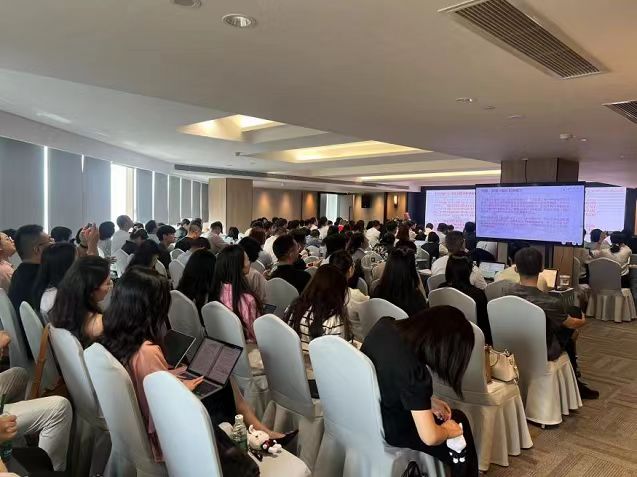 2023-09-21 02:01:59
2023-09-21 02:01:59 -
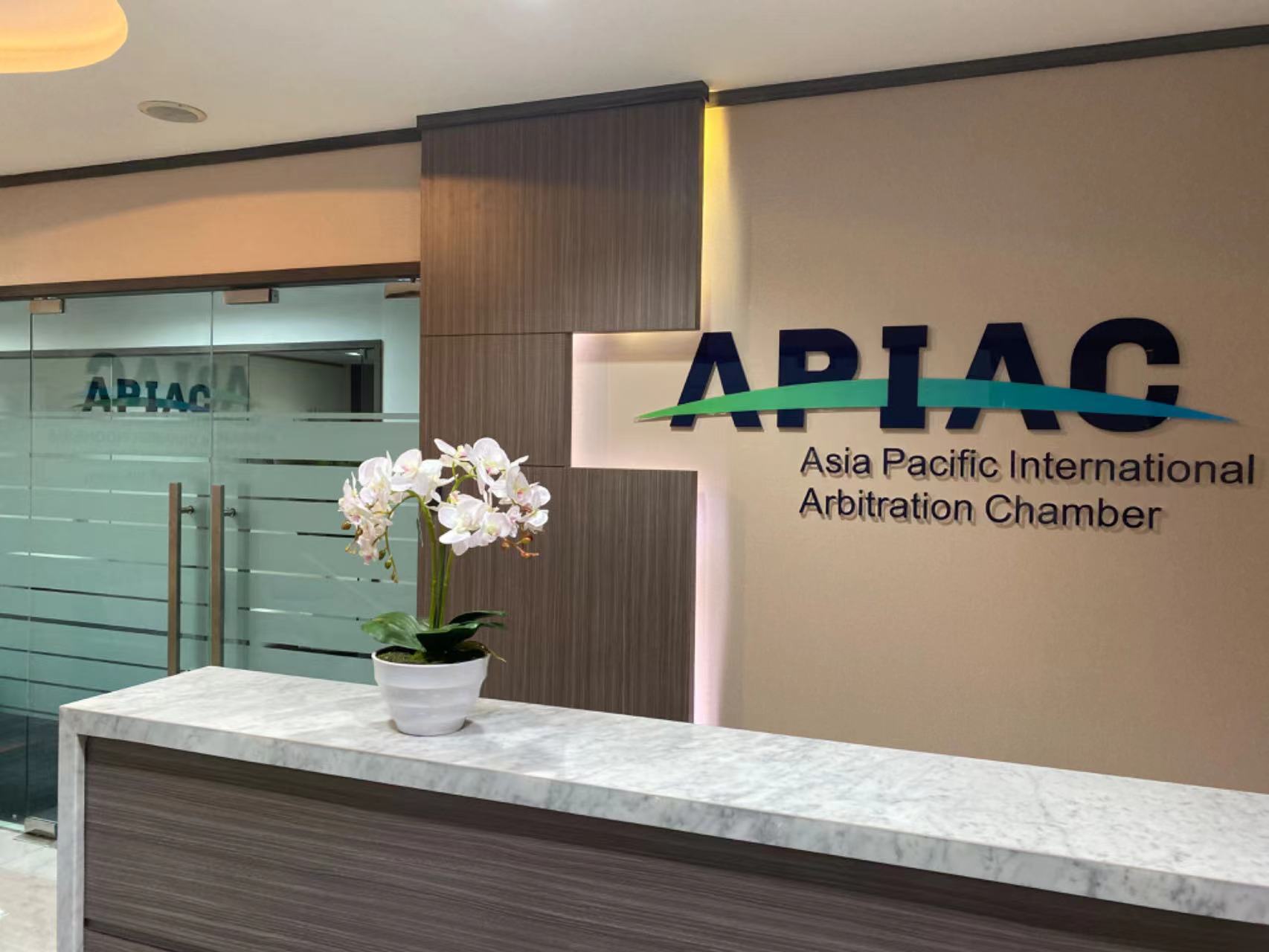 2023-09-21 02:01:59
2023-09-21 02:01:59 -
 2023-09-26 14:22:56
2023-09-26 14:22:56 -
 2023-10-07 08:34:26
2023-10-07 08:34:26 -
 2023-10-13 11:08:58
2023-10-13 11:08:58 -
 2023-10-25 10:30:58
2023-10-25 10:30:58 -
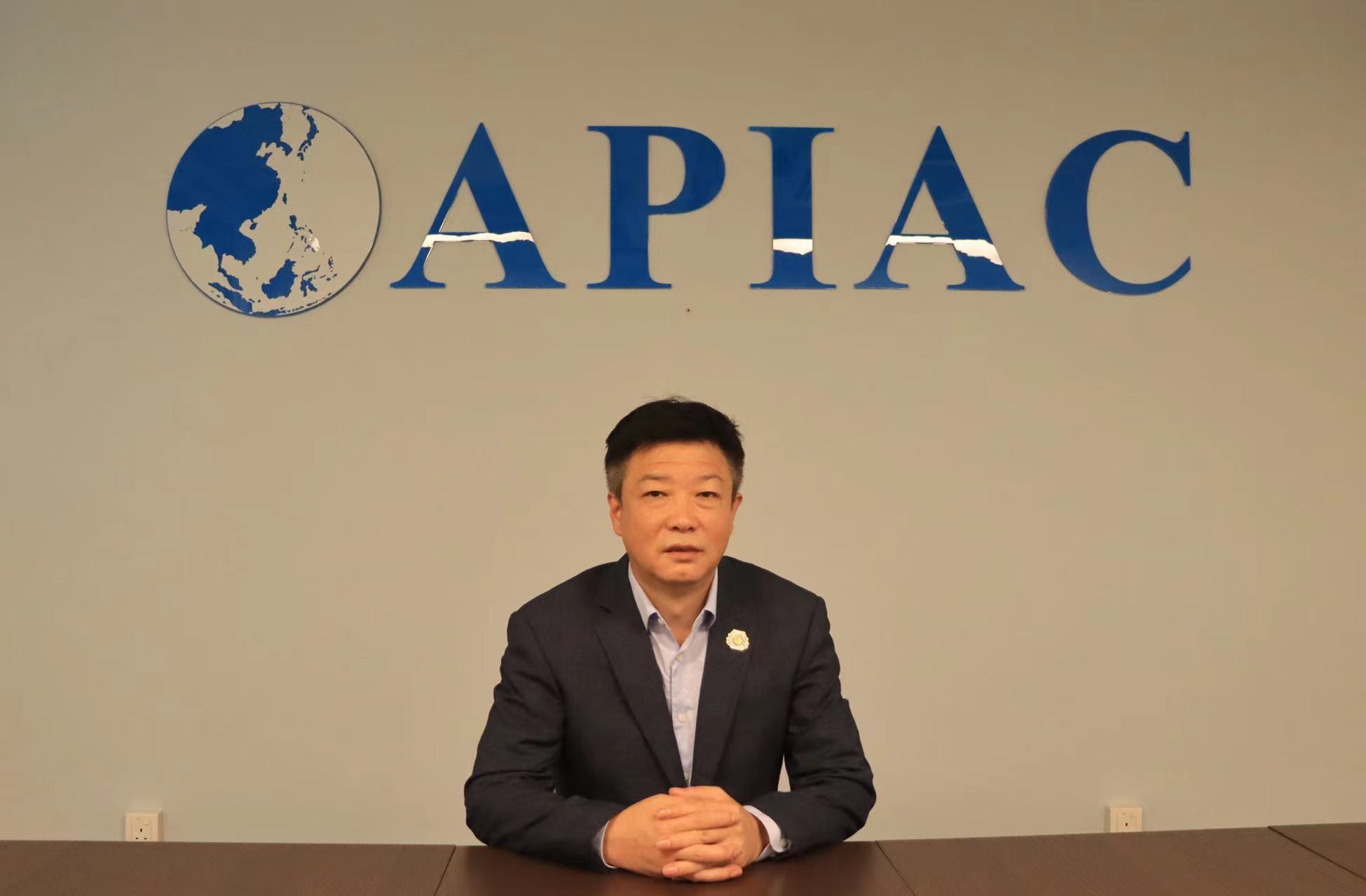 2023-10-25 11:08:40
2023-10-25 11:08:40 -
2023-11-22 14:57:27
-
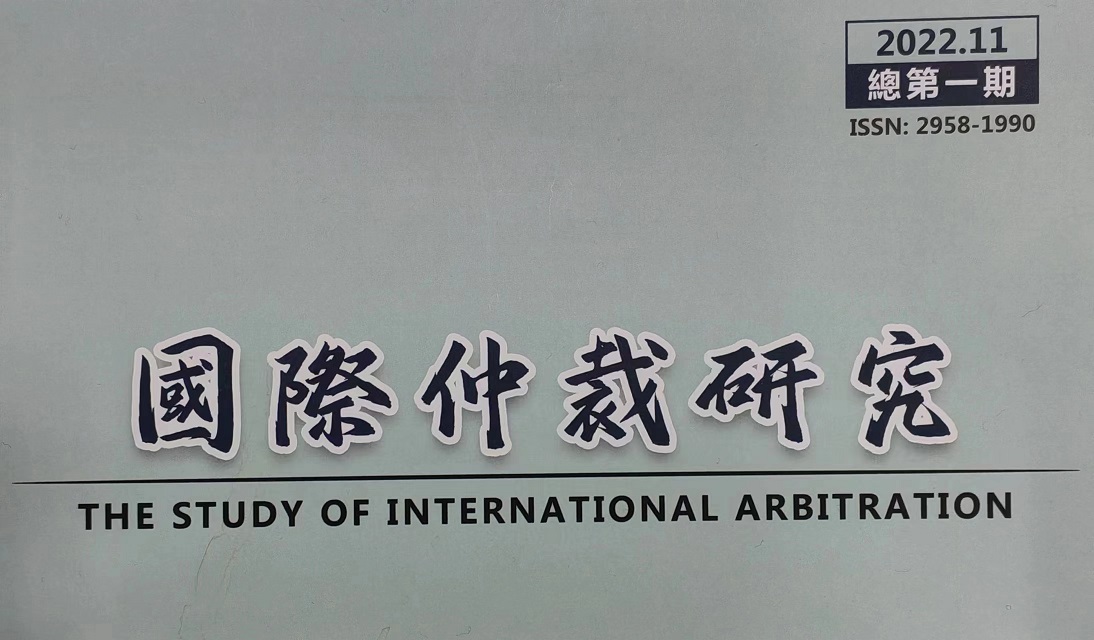 2023-11-24 16:06:15
2023-11-24 16:06:15 -
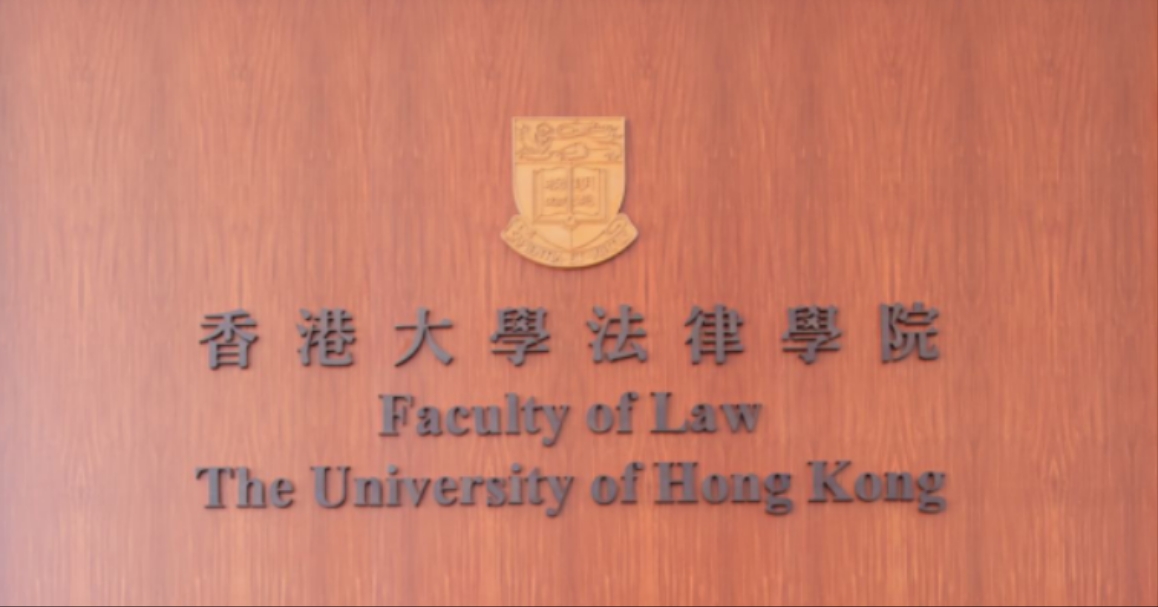 2023-11-24 17:34:06
2023-11-24 17:34:06 -
.jpg) 2023-11-27 11:07:53
2023-11-27 11:07:53 -
.png) 2023-12-07 11:34:06
2023-12-07 11:34:06 -
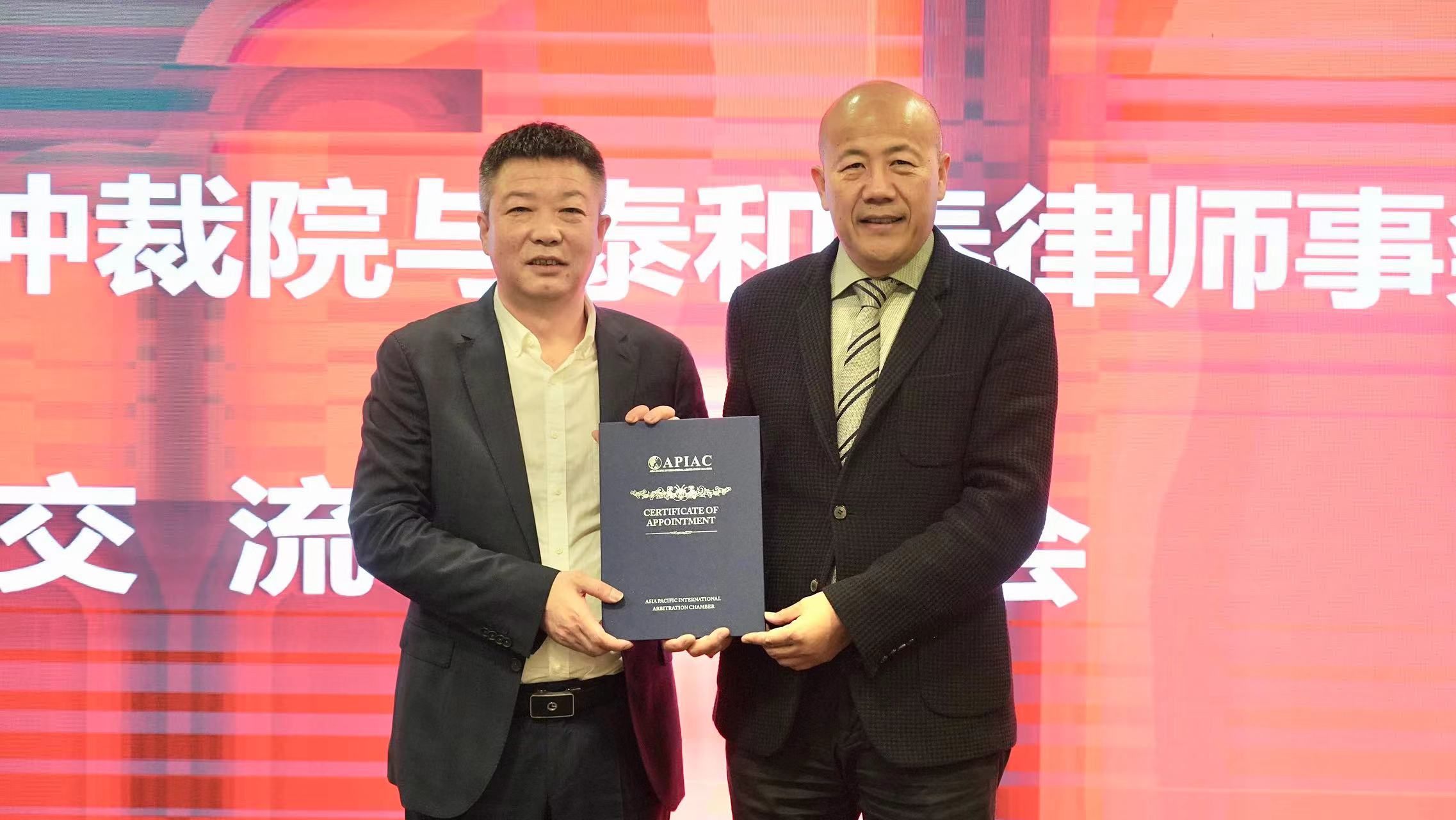 2023-12-19 09:18:51
2023-12-19 09:18:51 -
 2023-12-19 11:38:23
2023-12-19 11:38:23 -
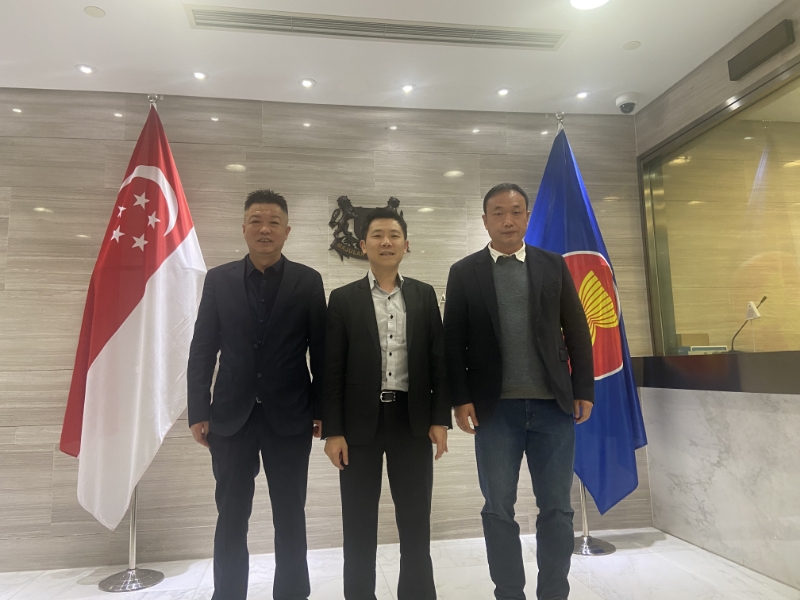 2023-12-19 11:53:22
2023-12-19 11:53:22 -
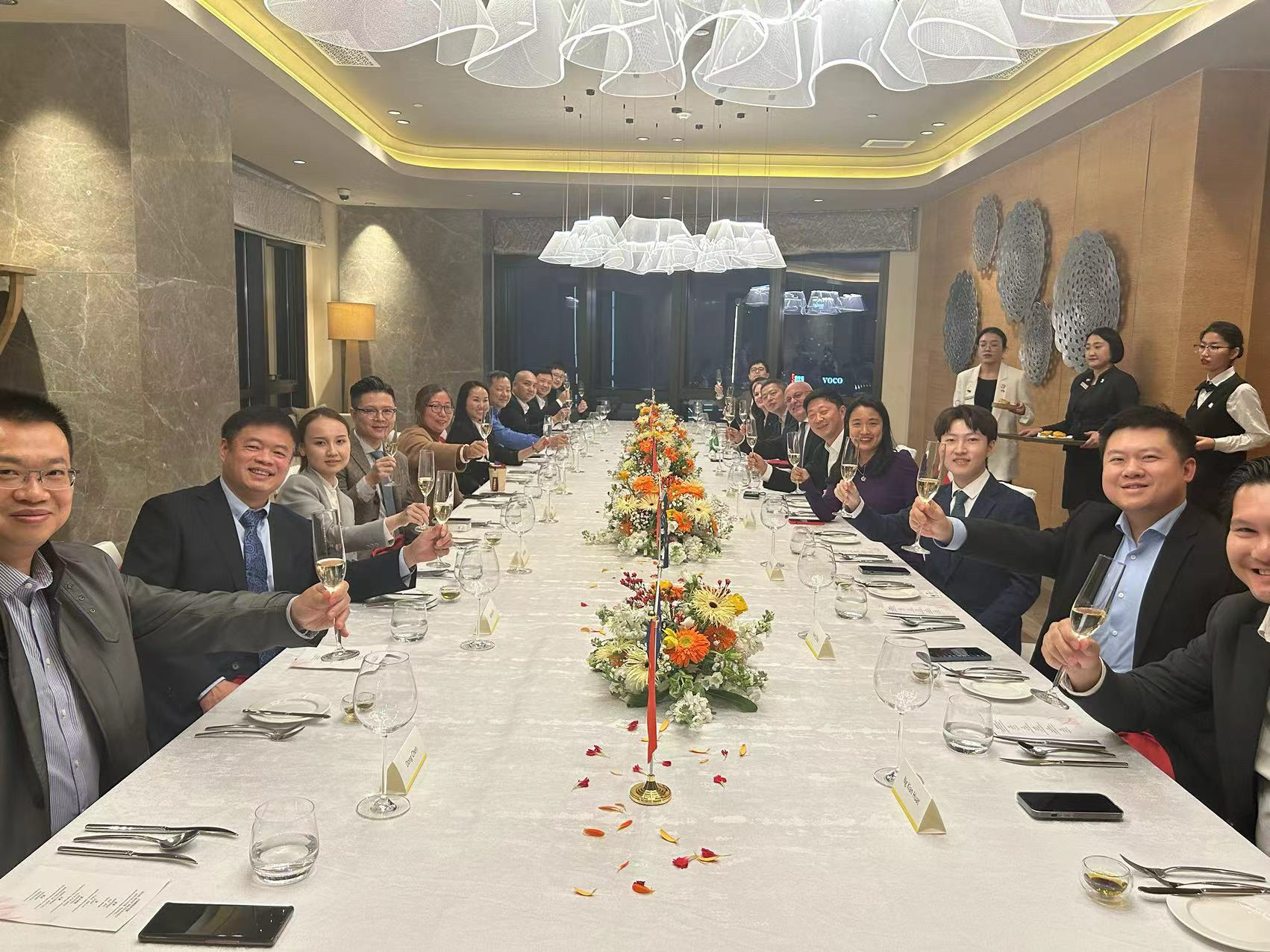 2023-12-19 14:46:19
2023-12-19 14:46:19 -
 2023-12-21 14:43:26
2023-12-21 14:43:26 -
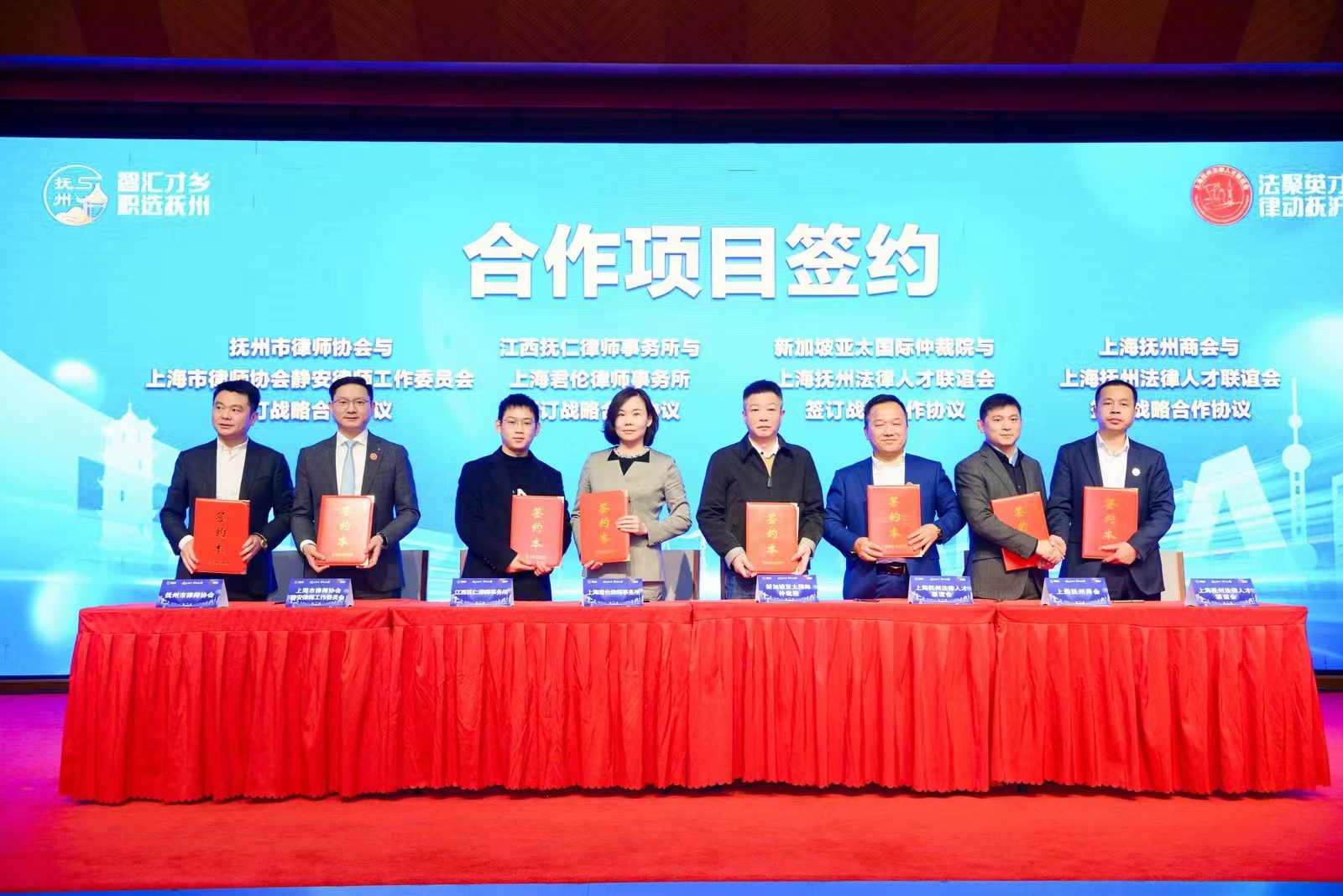 2023-12-25 11:04:59
2023-12-25 11:04:59 -
 2023-12-27 10:40:15
2023-12-27 10:40:15 -
.png) 2023-12-29 14:07:14
2023-12-29 14:07:14 -
.jpg) 2023-12-29 14:10:32
2023-12-29 14:10:32 -
 2024-01-03 16:27:17
2024-01-03 16:27:17 -
 2024-01-12 10:36:42
2024-01-12 10:36:42 -
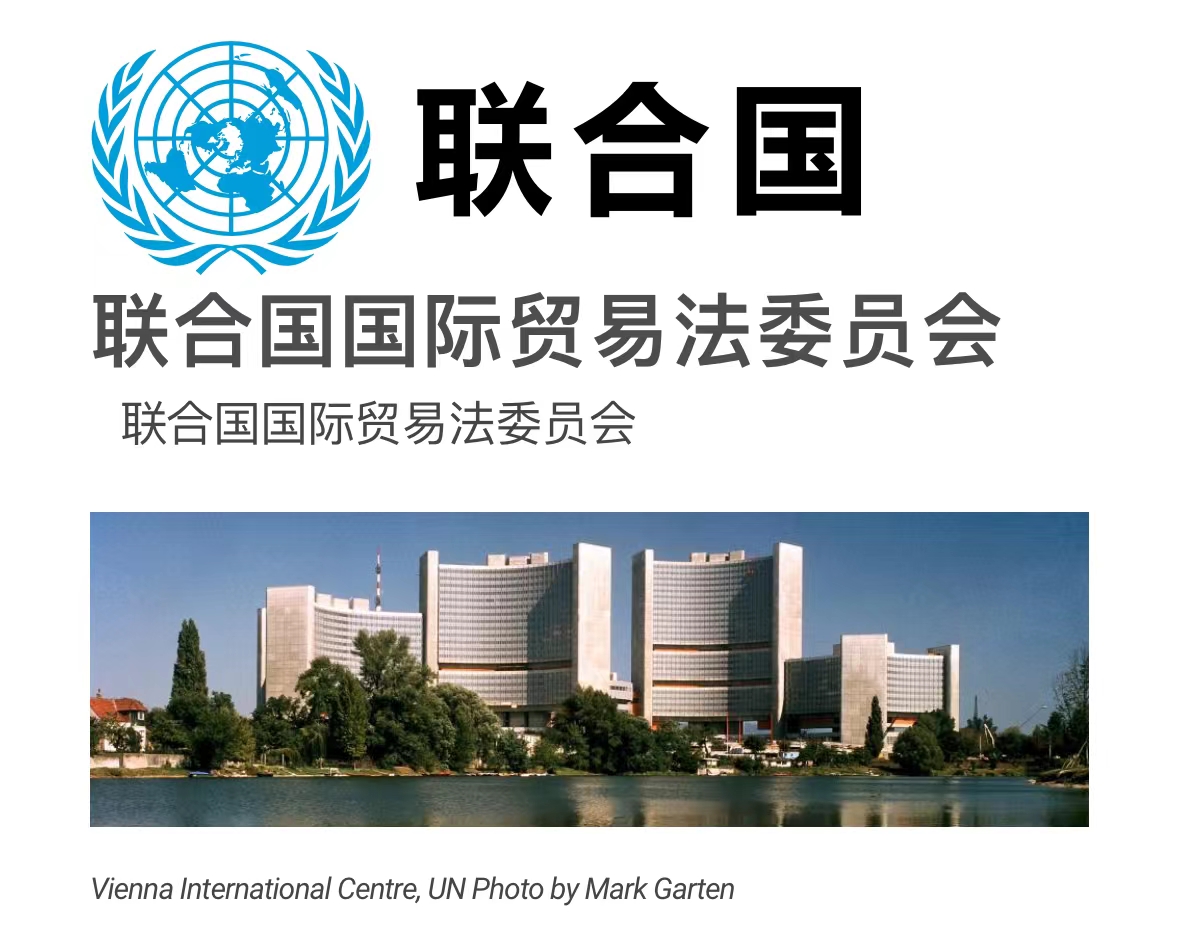 2024-01-17 15:01:24
2024-01-17 15:01:24 -
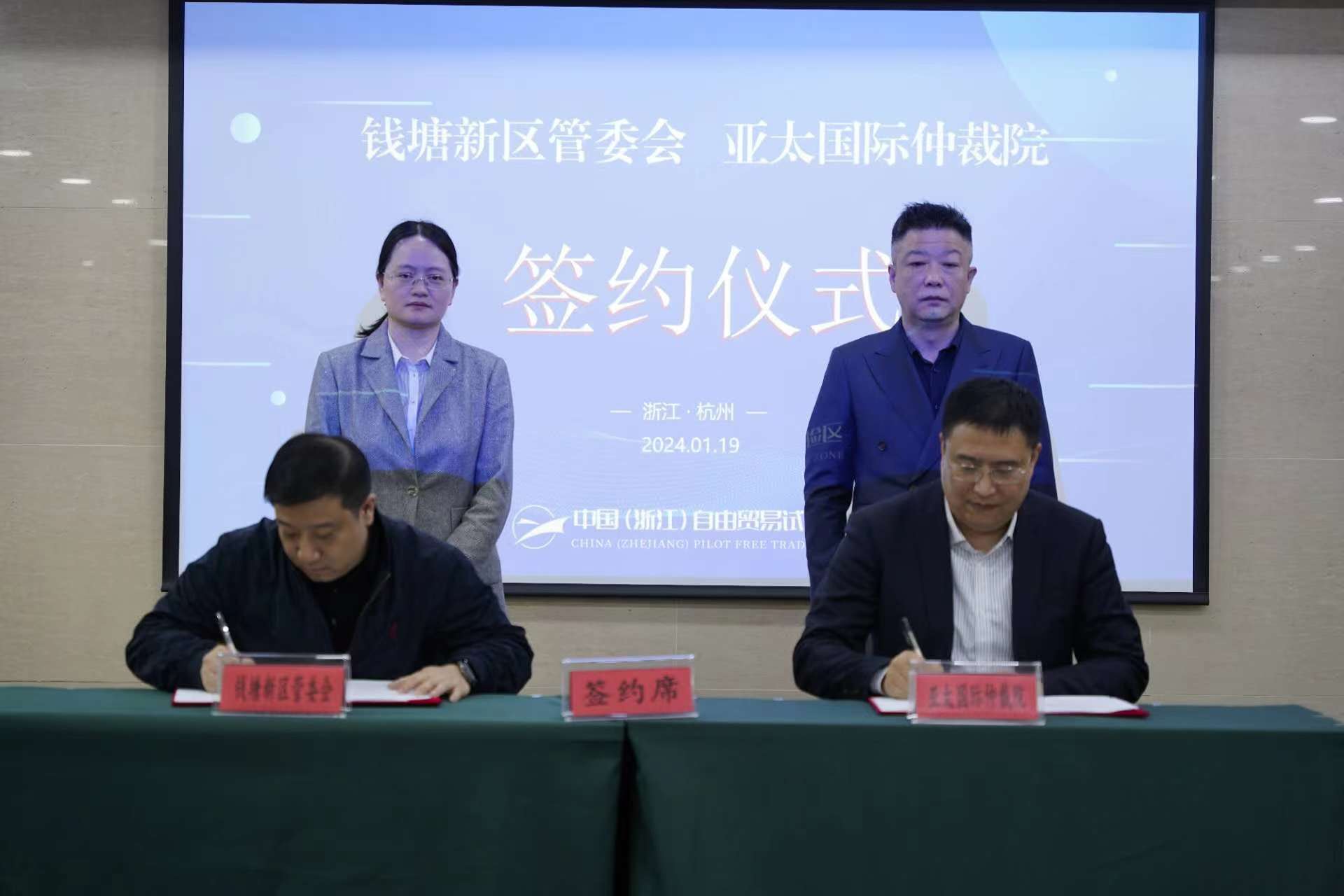 2024-01-30 10:10:28
2024-01-30 10:10:28 -
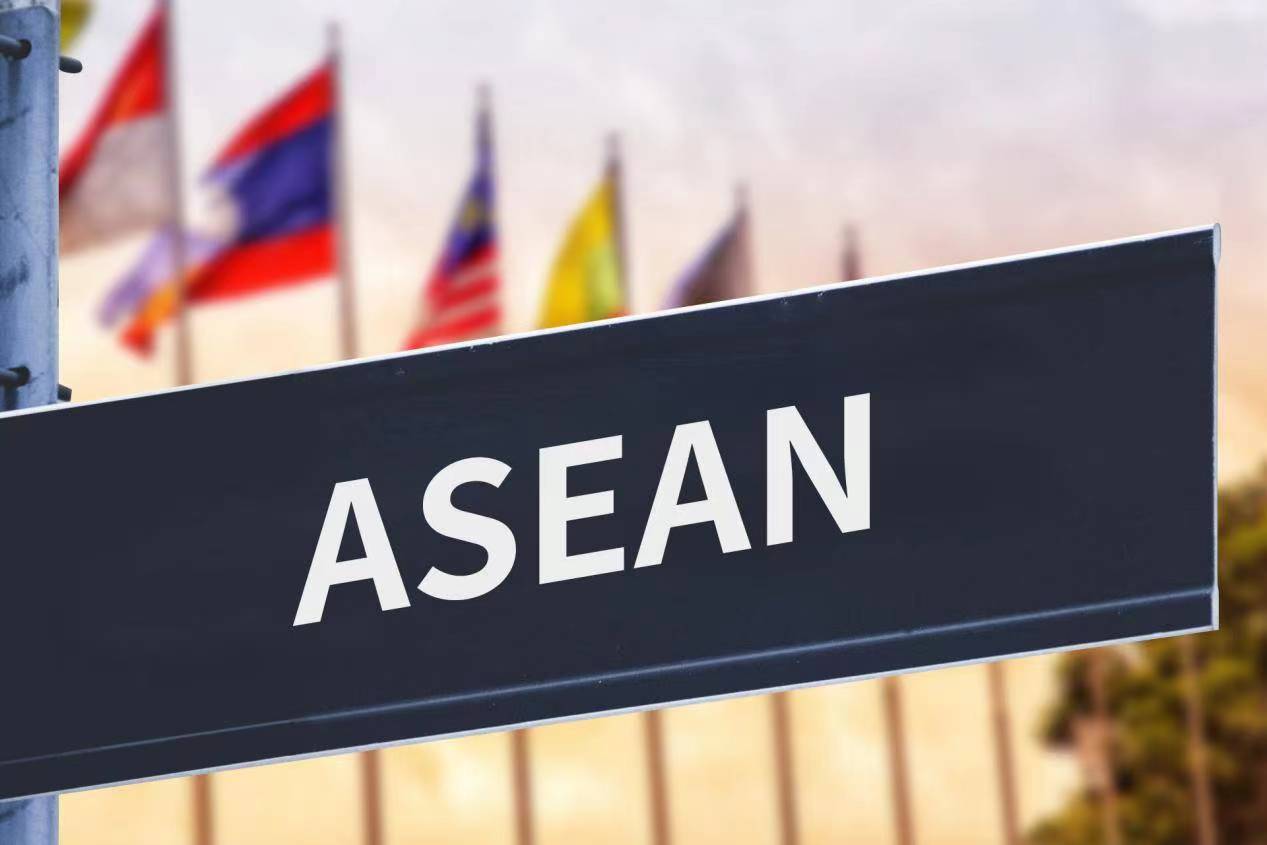 2024-01-30 10:45:10
2024-01-30 10:45:10 -
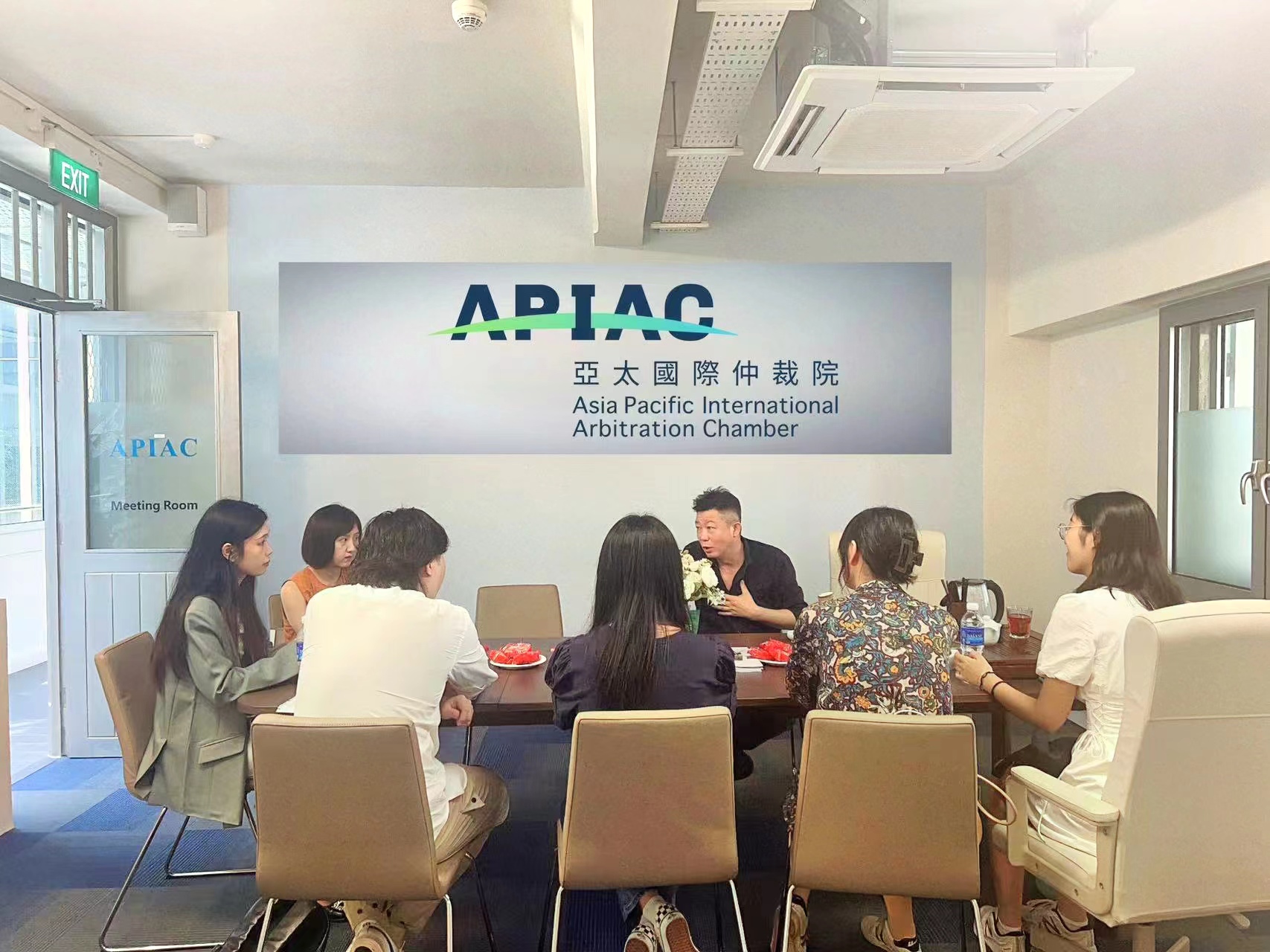 2024-01-30 15:47:05
2024-01-30 15:47:05 -
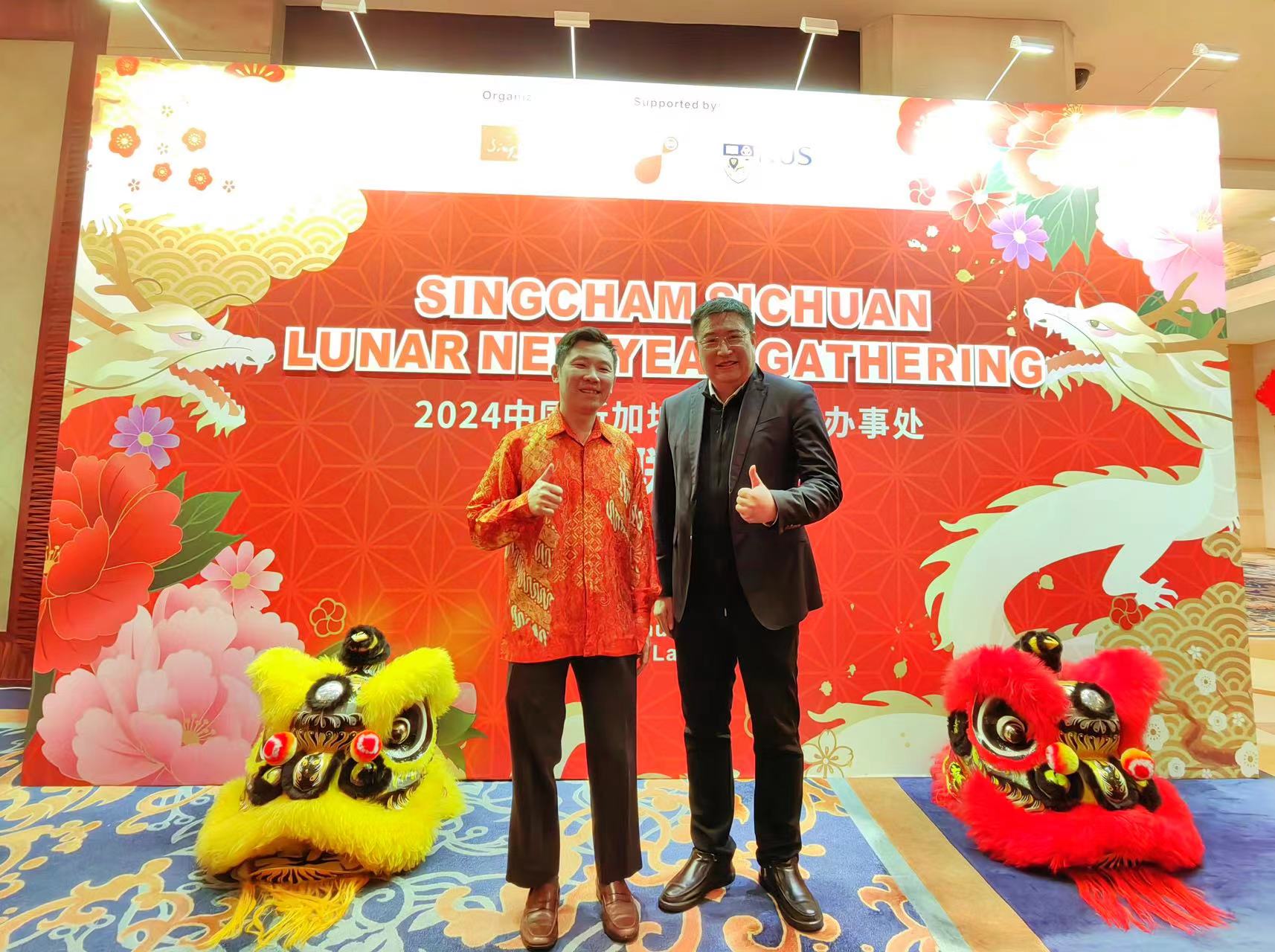 2024-01-30 16:10:56
2024-01-30 16:10:56 -
 2024-02-21 10:01:34
2024-02-21 10:01:34 -
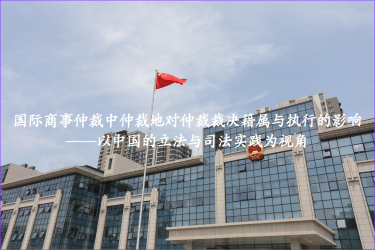 2024-02-21 10:05:01
2024-02-21 10:05:01 -
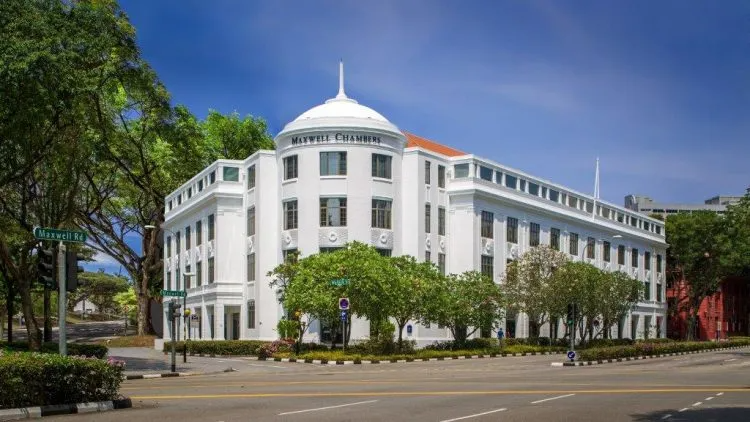 2024-02-21 10:35:10
2024-02-21 10:35:10 -
2024-03-08 17:37:59
-
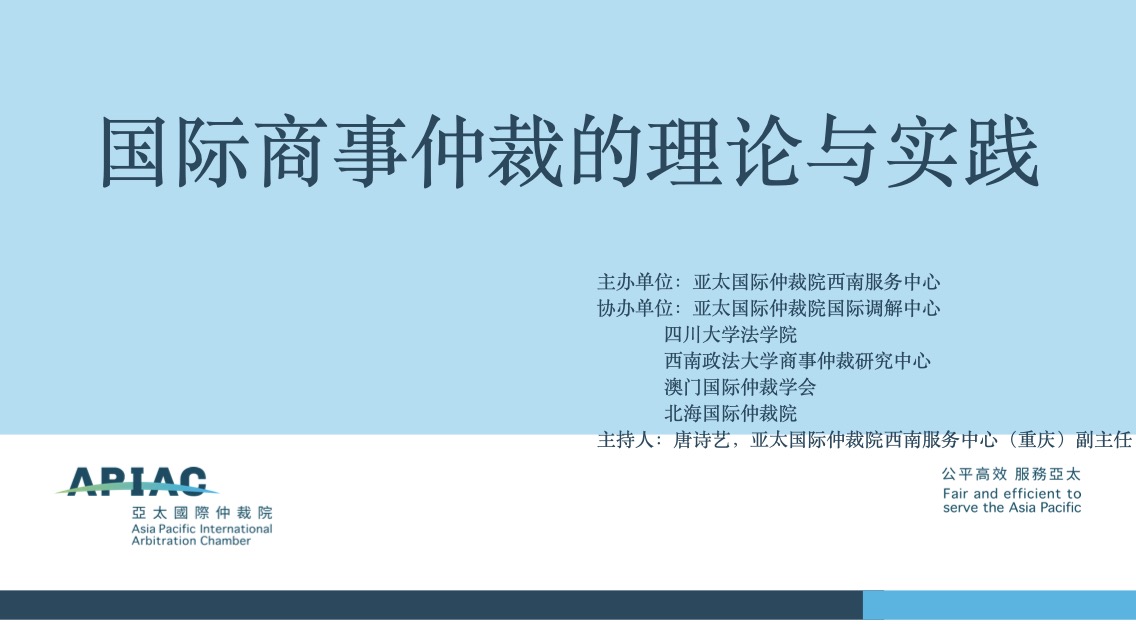 2024-03-11 08:56:10
2024-03-11 08:56:10 -
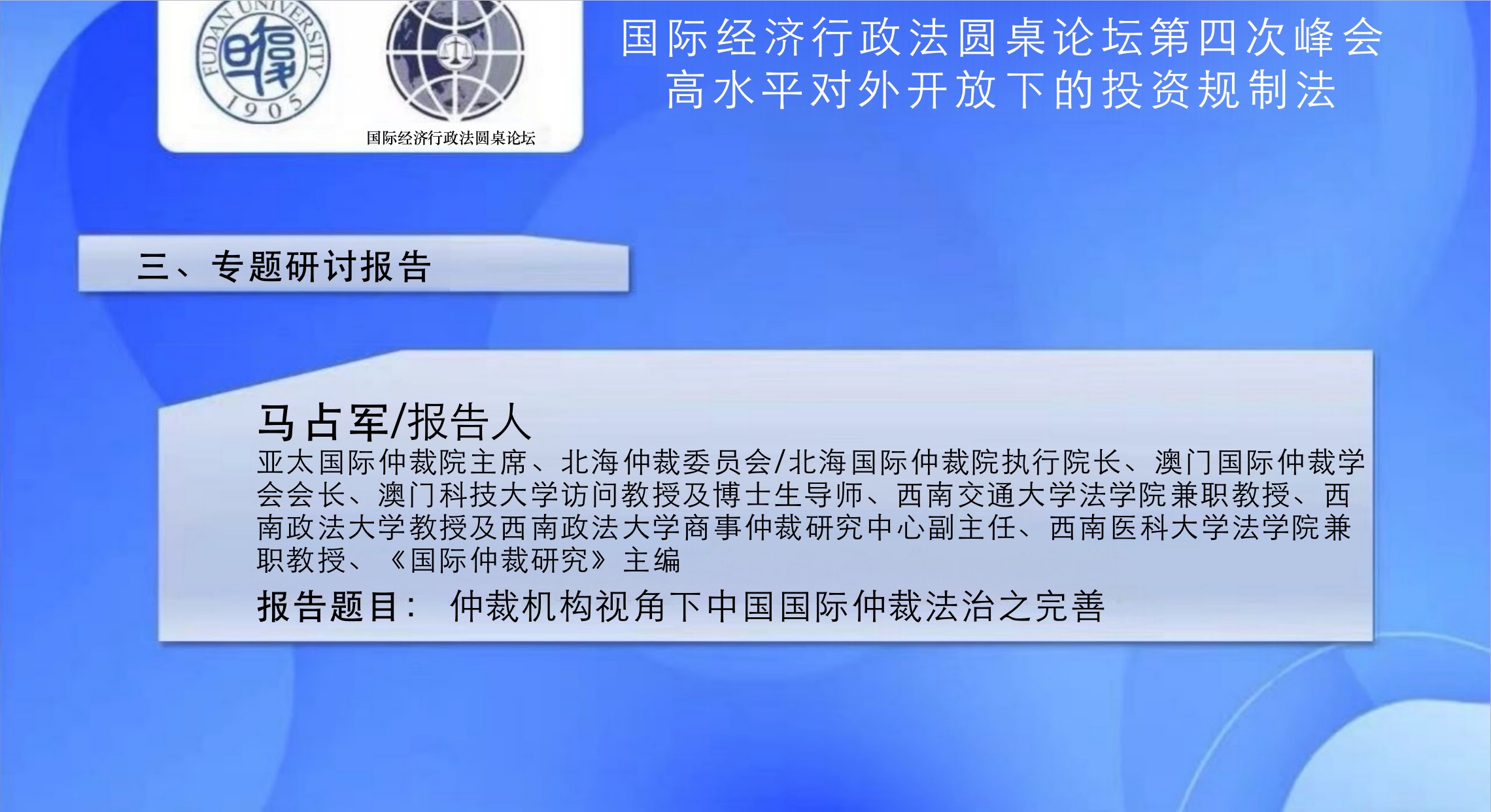 2024-03-22 14:24:24
2024-03-22 14:24:24 -
 2024-03-26 13:21:28
2024-03-26 13:21:28 -
2024-03-27 11:38:36
-
 2024-03-27 11:43:15
2024-03-27 11:43:15 -
2024-03-28 16:56:51
-
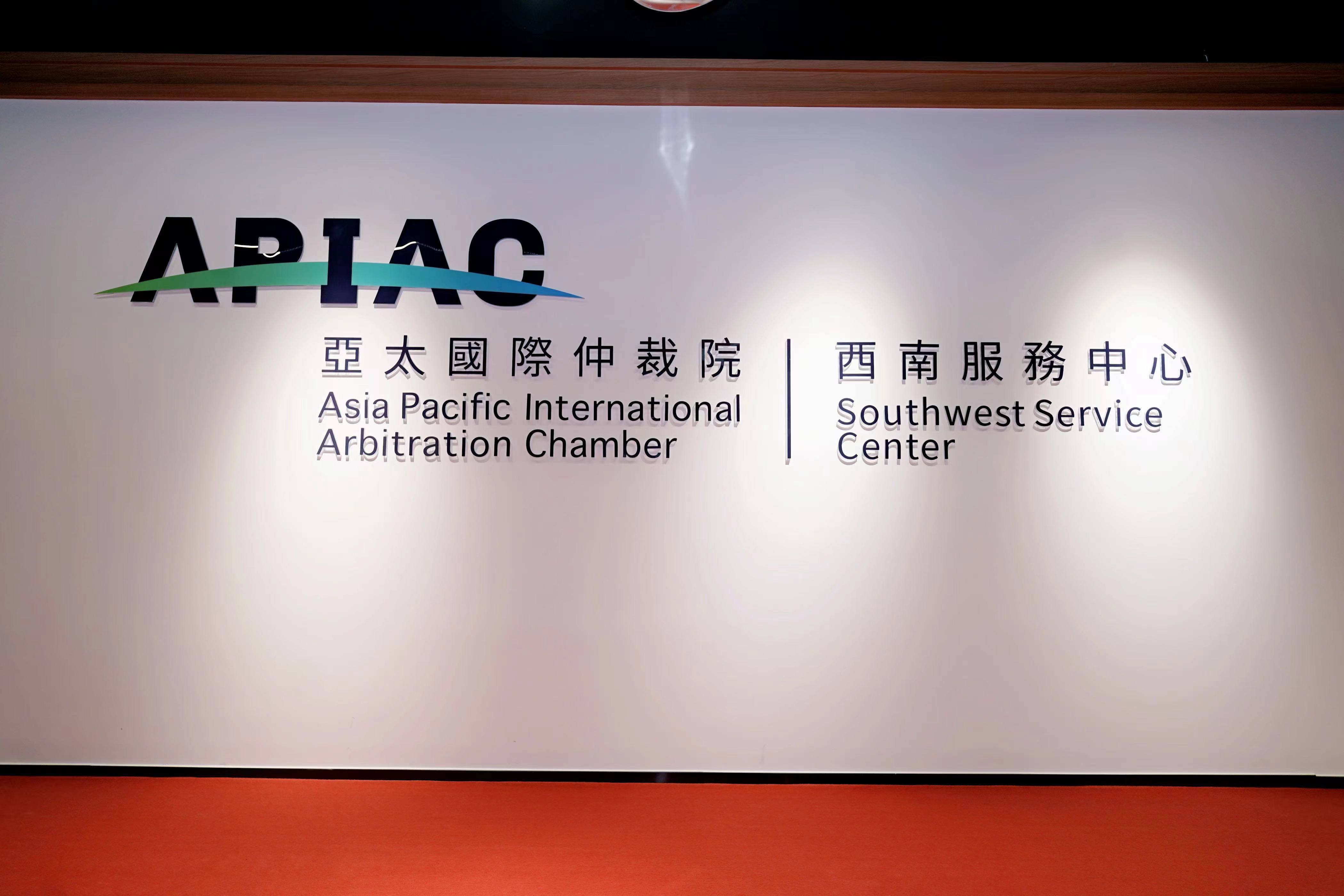 2024-04-01 14:59:03
2024-04-01 14:59:03 -
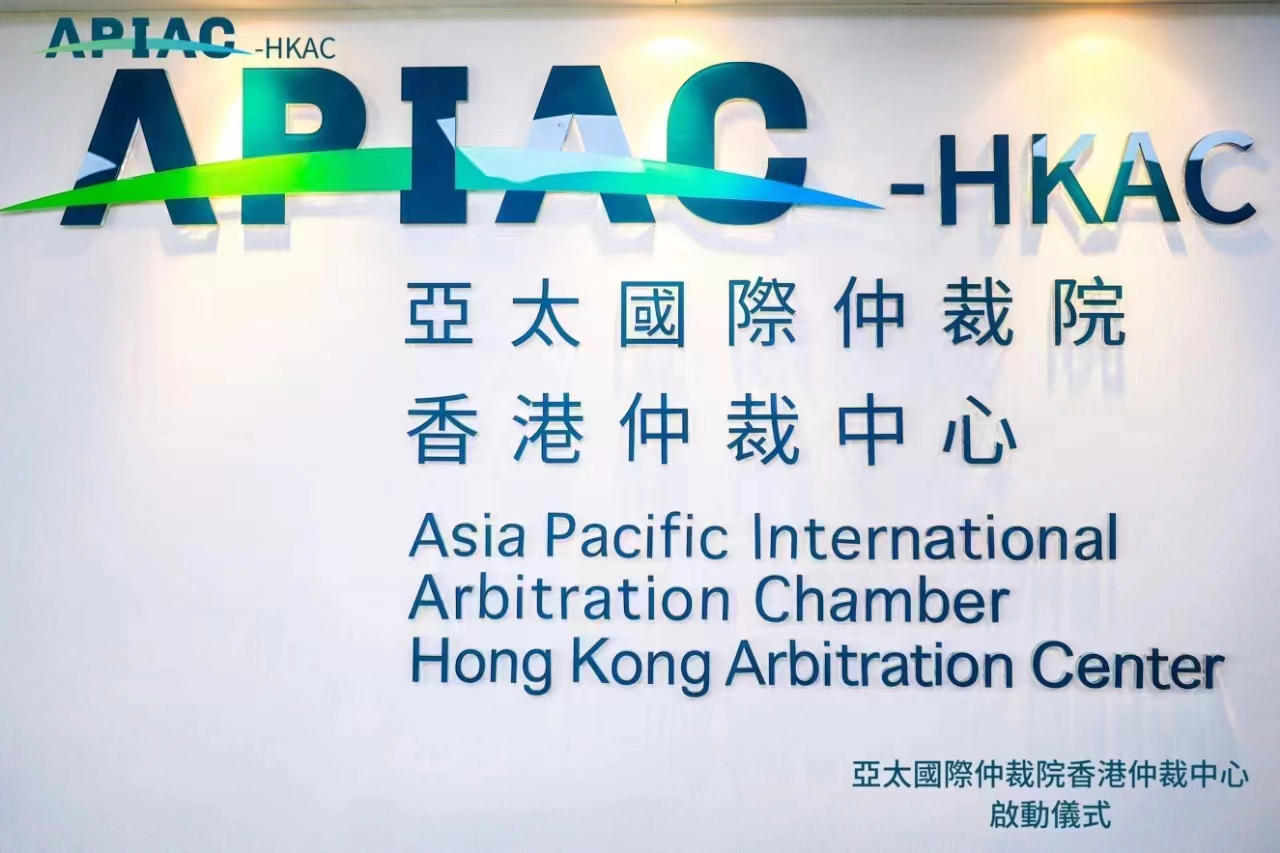 2024-04-09 10:46:25
2024-04-09 10:46:25 -
2024-04-09 11:55:48
-
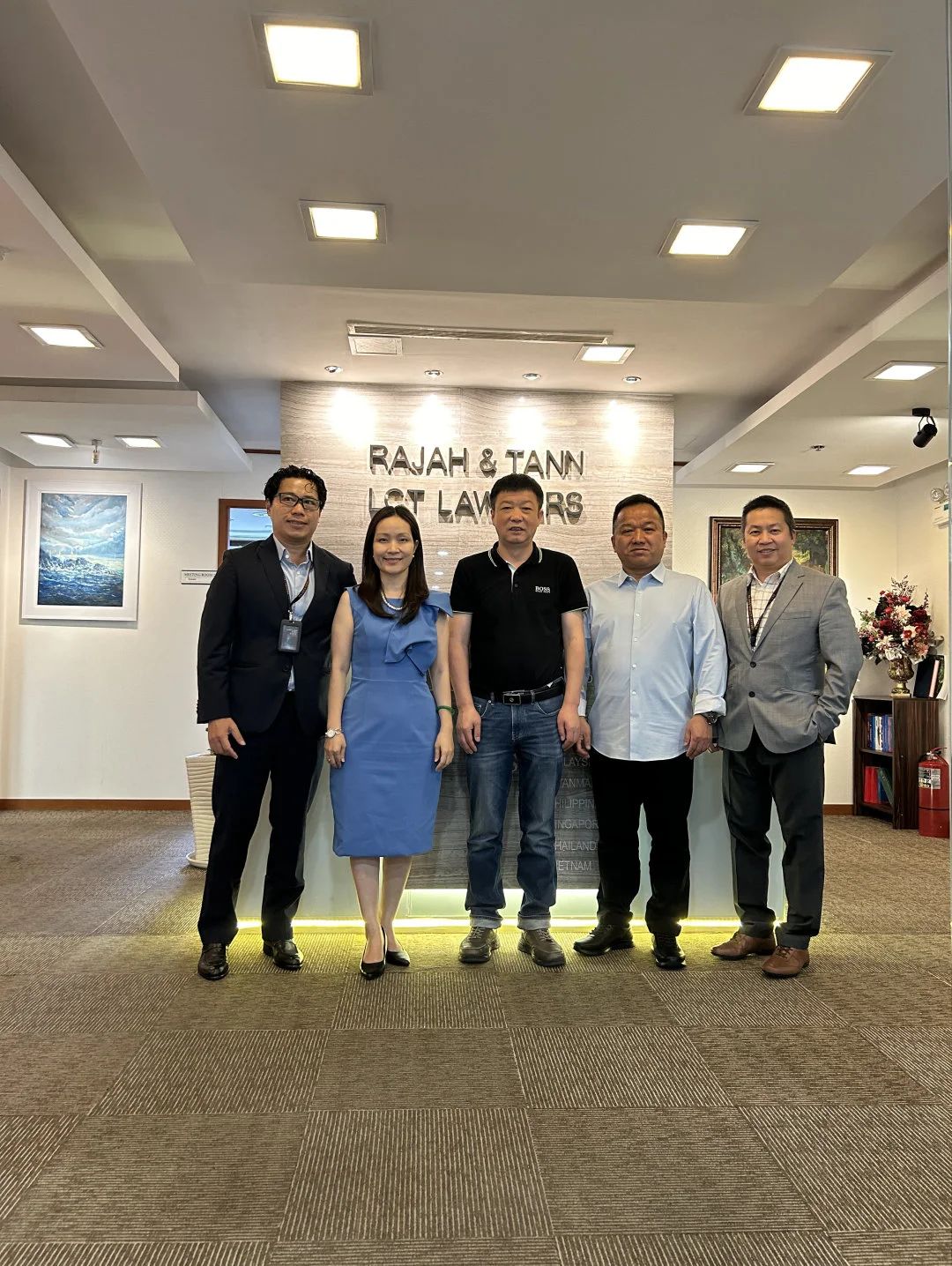 2024-04-09 16:01:04
2024-04-09 16:01:04 -
2024-04-15 16:34:57
-
2024-04-15 16:43:36
-
2024-04-18 16:34:31
-
2024-04-24 16:02:32
-
2024-04-25 17:26:30
-
2024-05-07 16:30:51
-
2024-05-11 14:54:18
-
2024-05-20 17:00:26
-
2024-05-31 16:19:03
-
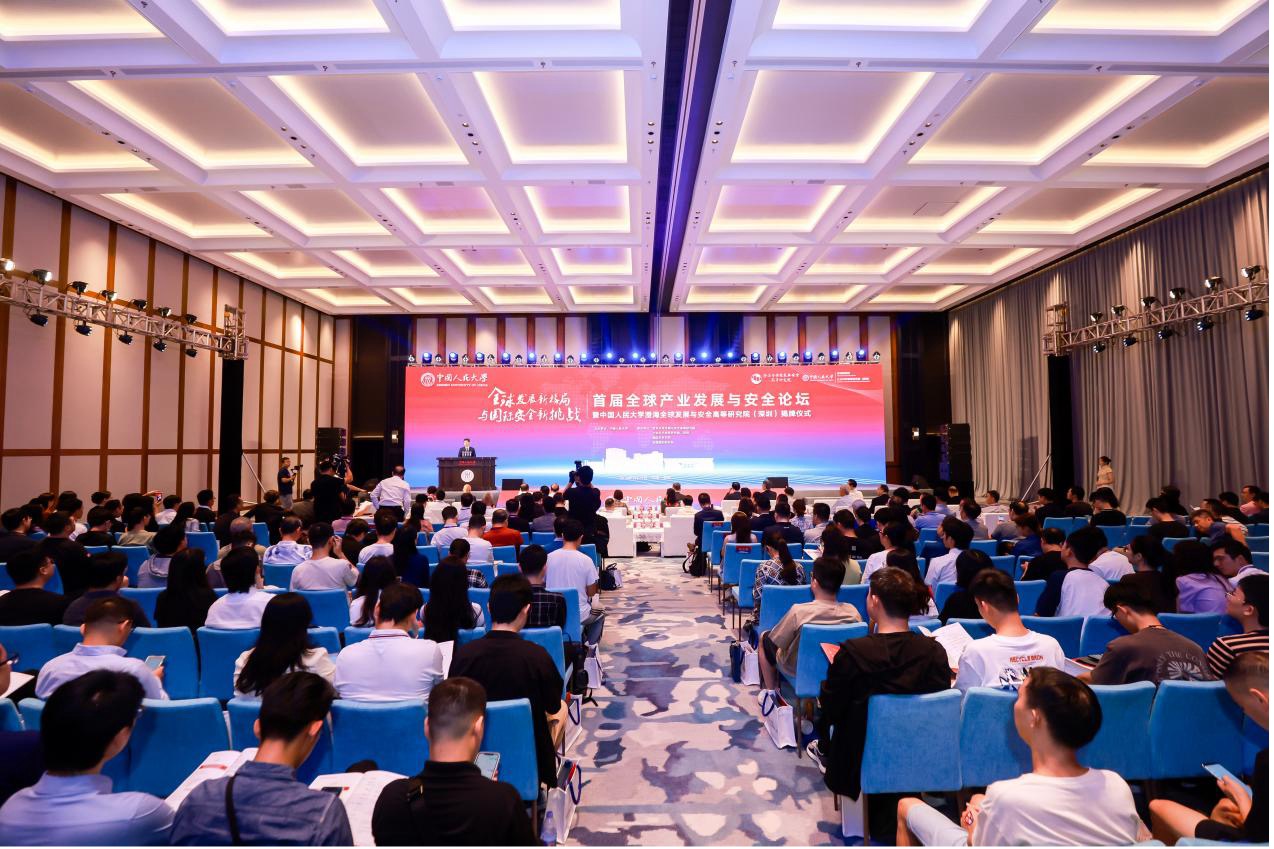 2024-05-31 16:41:28
2024-05-31 16:41:28 -
2024-05-31 16:53:49
-
2024-06-03 17:06:33
-
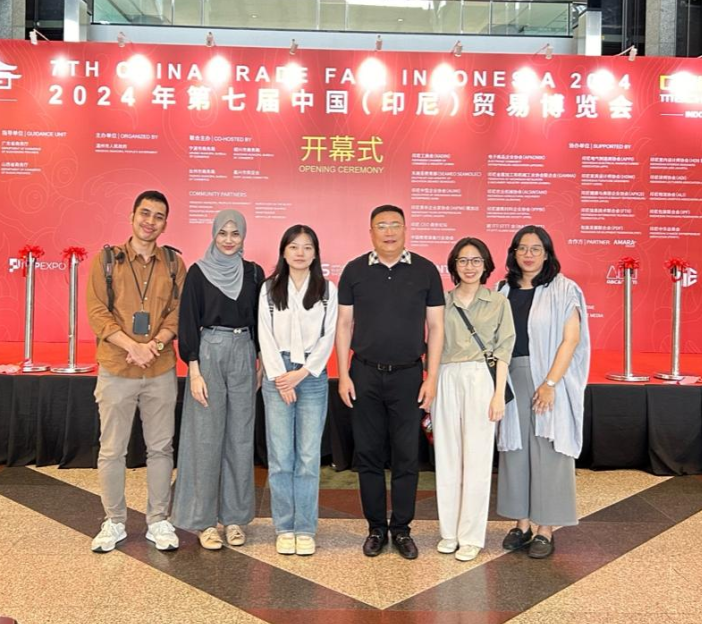 2024-06-19 16:45:08
2024-06-19 16:45:08 -
 2024-06-24 11:44:37
2024-06-24 11:44:37 -
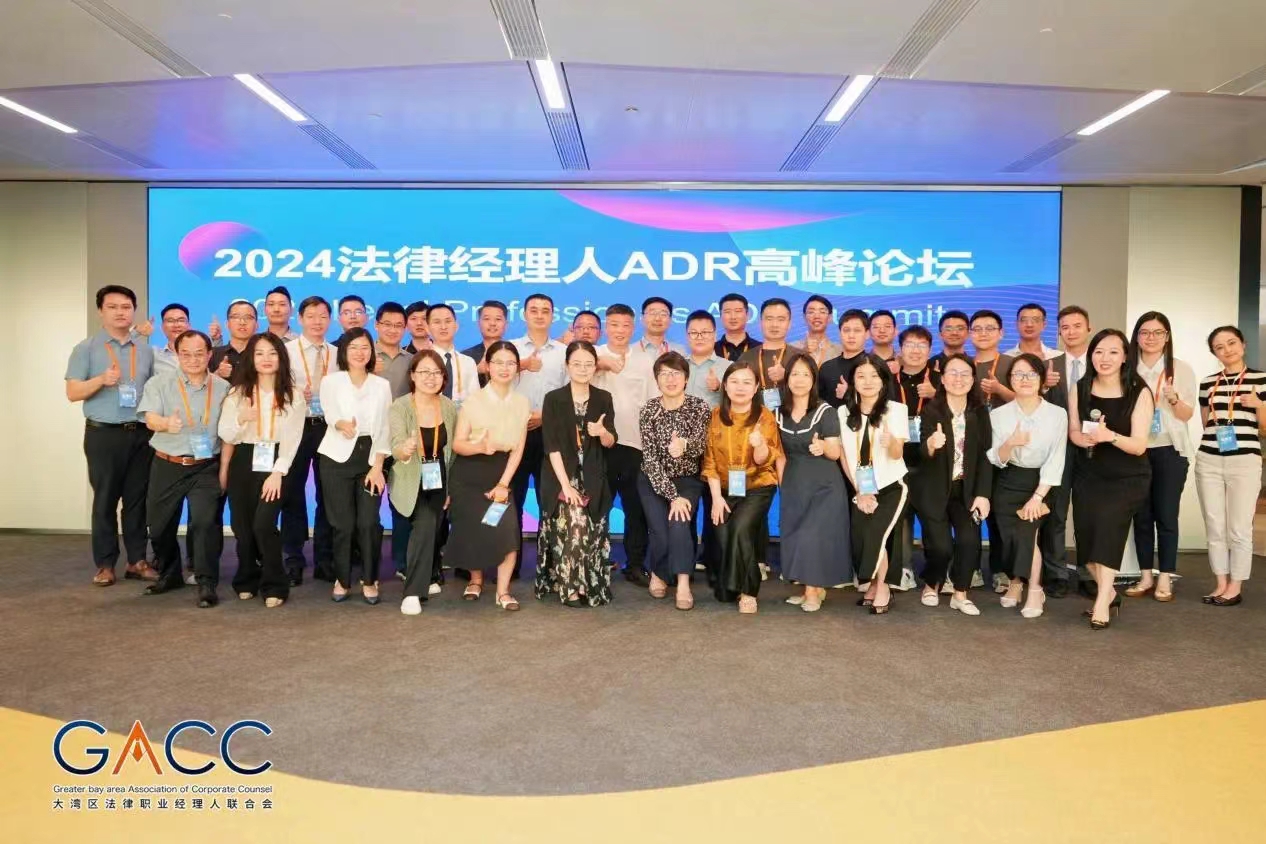 2024-06-24 17:56:13
2024-06-24 17:56:13 -
(1).png) 2024-06-25 15:34:49
2024-06-25 15:34:49 -
(1)(1).png) 2024-06-25 15:41:16
2024-06-25 15:41:16 -
.png) 2024-06-28 10:09:40
2024-06-28 10:09:40 -
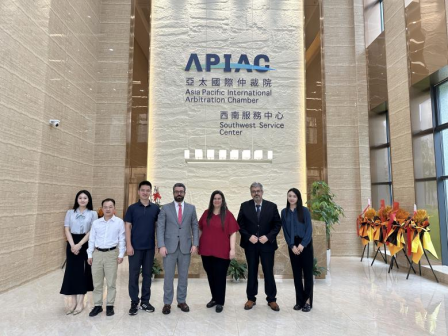 2024-07-03 14:33:07
2024-07-03 14:33:07 -
.png) 2024-07-03 14:53:48
2024-07-03 14:53:48 -
 2024-07-04 16:52:21
2024-07-04 16:52:21 -
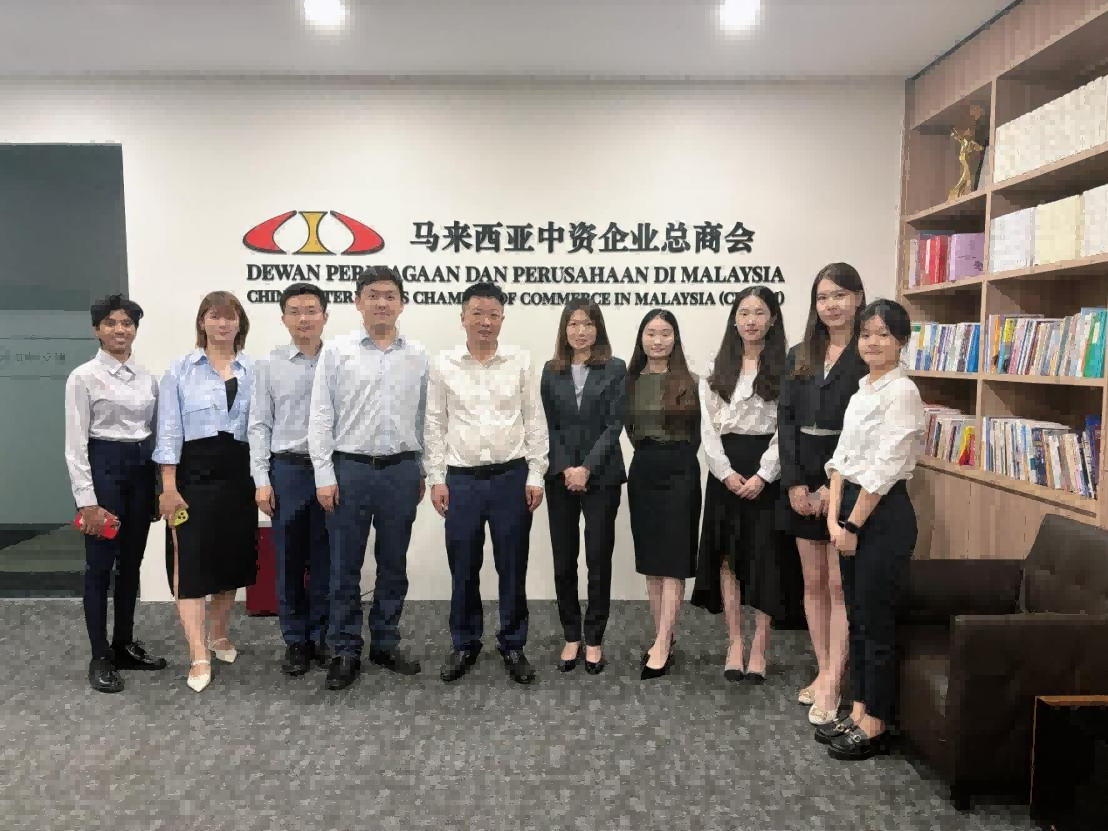 2024-07-09 09:31:59
2024-07-09 09:31:59 -
受邀参加“中资企业印尼投资法律论坛”(1).png) 2024-07-12 09:22:59
2024-07-12 09:22:59 -
.png) 2024-07-16 09:36:49
2024-07-16 09:36:49 -
.png) 2024-07-16 11:37:03
2024-07-16 11:37:03 -
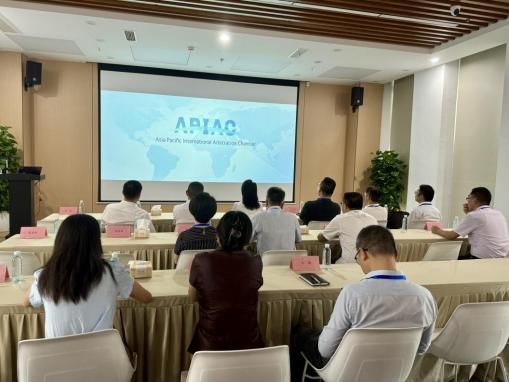 2024-07-19 10:43:08
2024-07-19 10:43:08 -
.png) 2024-07-22 10:59:23
2024-07-22 10:59:23 -
 2024-07-23 09:31:20
2024-07-23 09:31:20 -
.png) 2024-07-23 14:12:58
2024-07-23 14:12:58 -
.png) 2024-08-19 09:19:47
2024-08-19 09:19:47 -
.png) 2024-08-19 10:28:22
2024-08-19 10:28:22 -
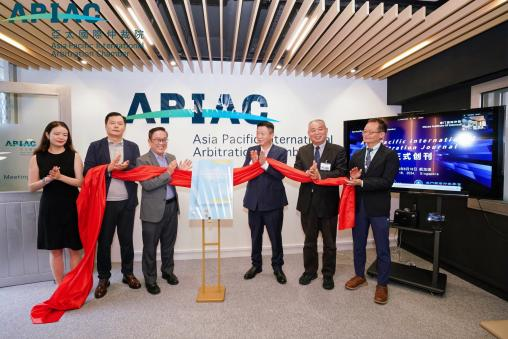 2024-08-29 10:12:54
2024-08-29 10:12:54 -
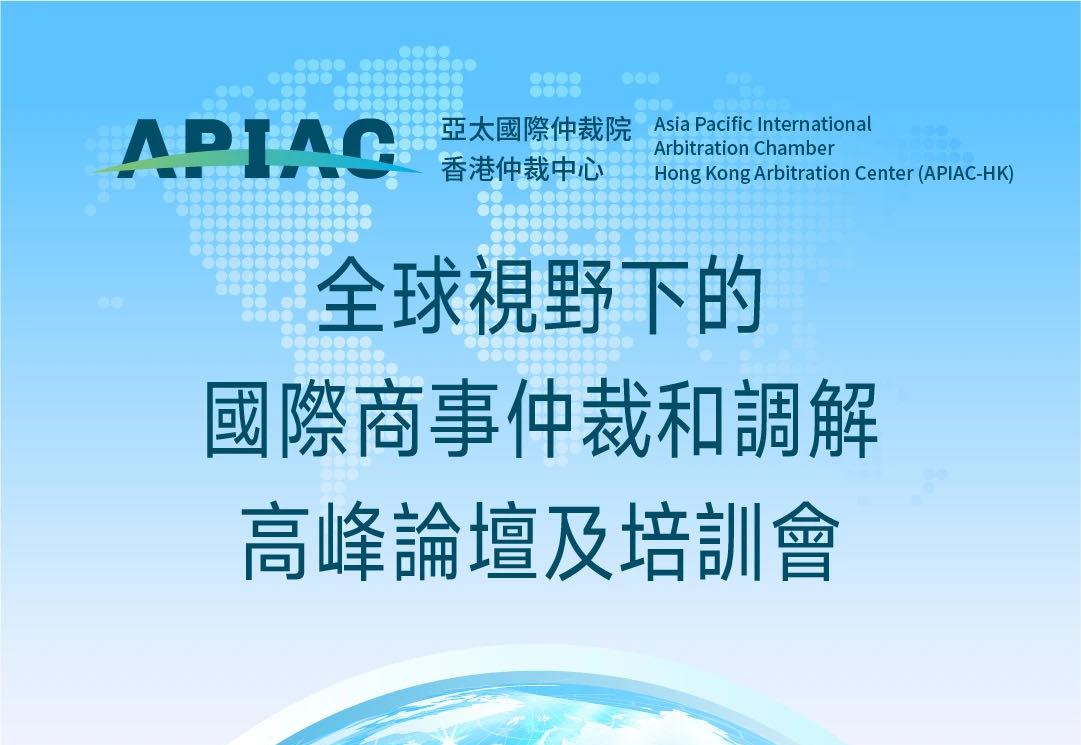 2024-09-03 17:10:04
2024-09-03 17:10:04 -
.png) 2024-09-04 11:52:59
2024-09-04 11:52:59 -
) 2024-09-05 10:17:01
2024-09-05 10:17:01 -
.png) 2024-09-09 14:35:19
2024-09-09 14:35:19 -
 2024-09-09 15:10:13
2024-09-09 15:10:13 -
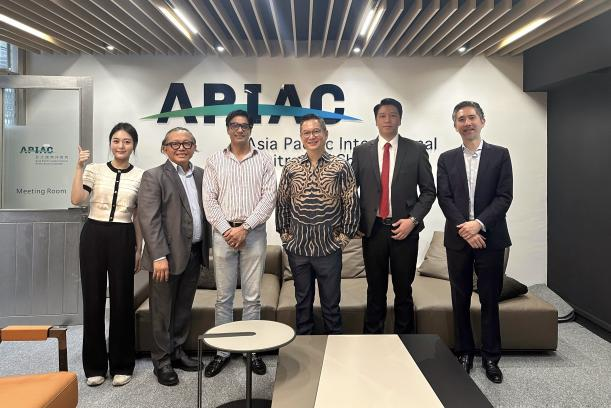 2024-09-10 10:49:03
2024-09-10 10:49:03 -
.png) 2024-09-14 14:22:46
2024-09-14 14:22:46 -
.png) 2024-09-14 15:38:09
2024-09-14 15:38:09 -
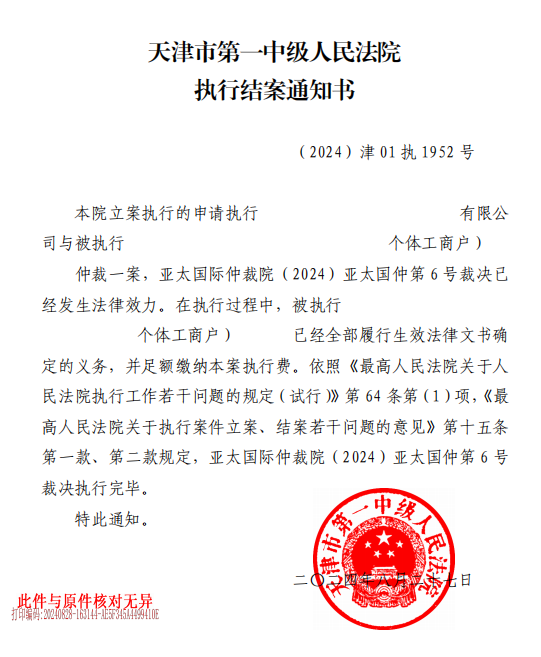 2024-09-18 11:33:35
2024-09-18 11:33:35 -
.png) 2024-09-18 14:26:08
2024-09-18 14:26:08 -
(1).png) 2024-09-23 16:07:22
2024-09-23 16:07:22 -
.png) 2024-09-23 16:17:09
2024-09-23 16:17:09 -
.jpg) 2024-09-23 17:08:06
2024-09-23 17:08:06 -
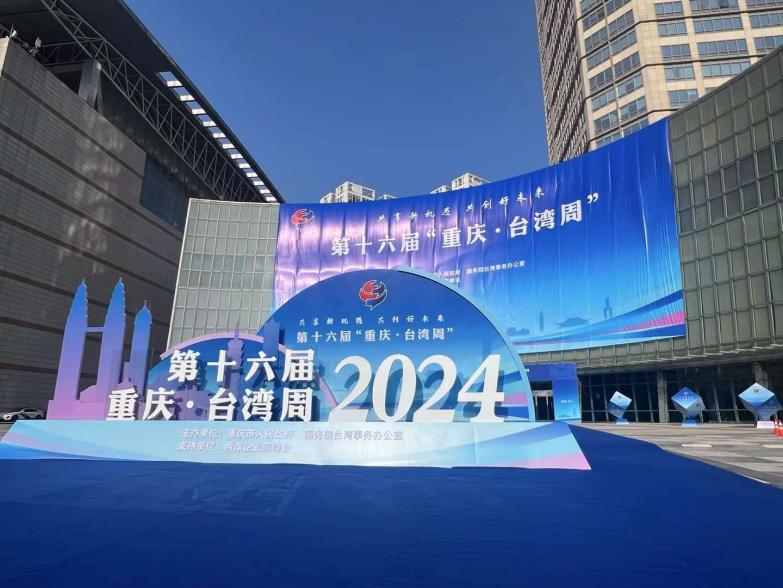 2024-09-24 09:48:07
2024-09-24 09:48:07 -
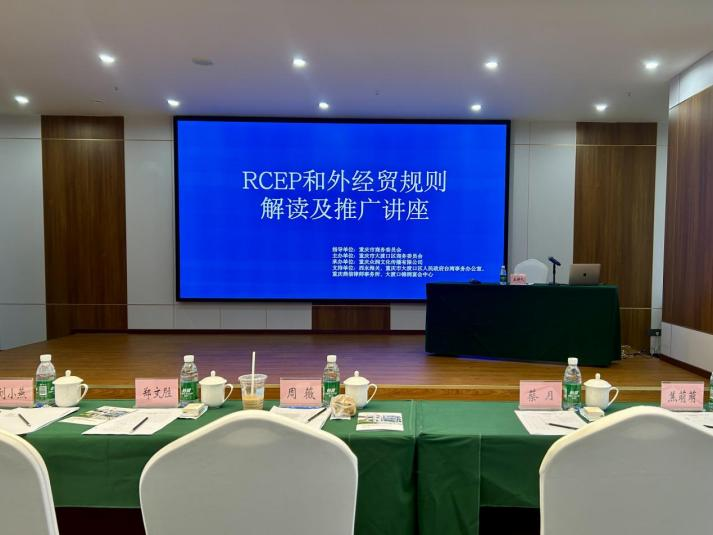 2024-09-24 12:00:38
2024-09-24 12:00:38 -
 2024-09-24 15:13:56
2024-09-24 15:13:56 -
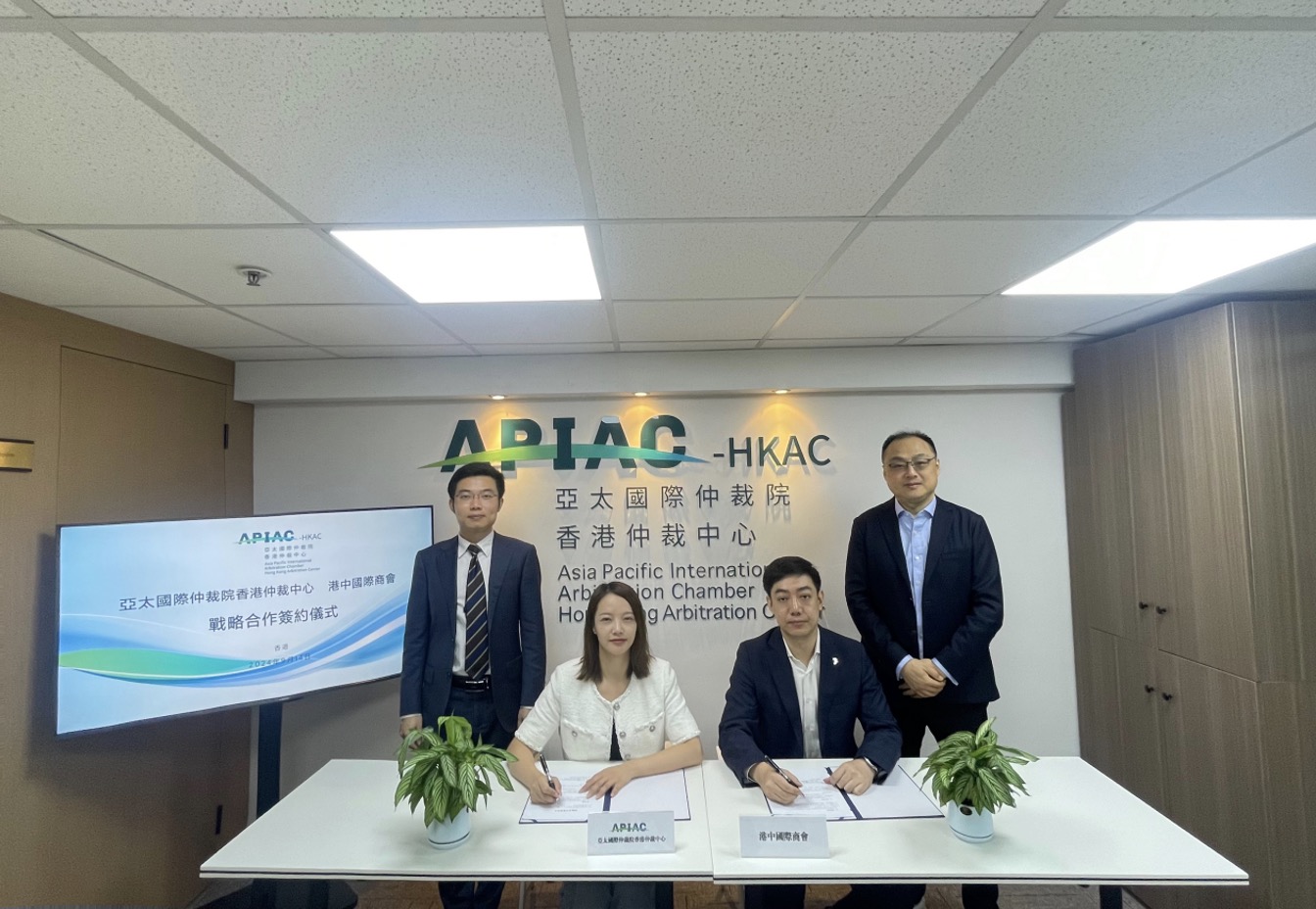 2024-09-25 16:06:59
2024-09-25 16:06:59 -
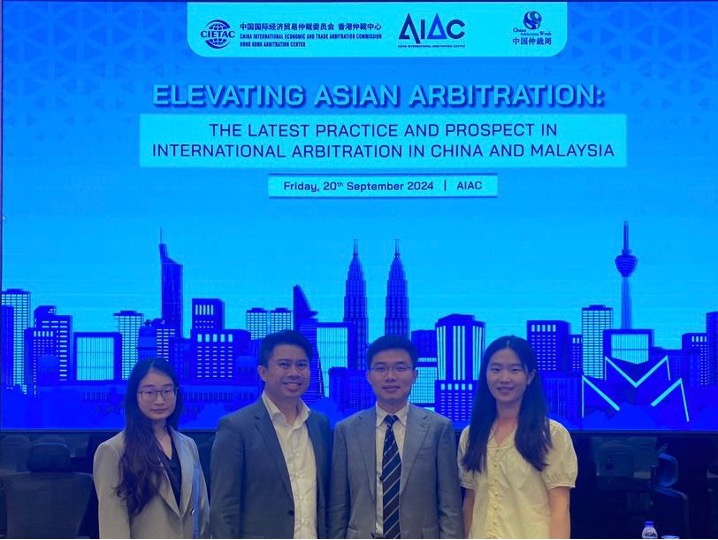 2024-09-27 16:32:47
2024-09-27 16:32:47 -
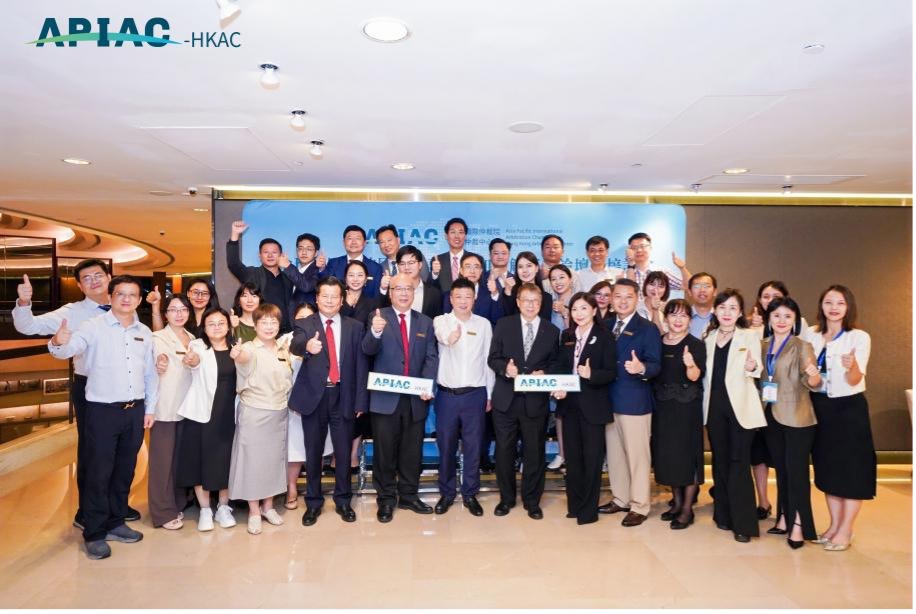 2024-09-29 16:35:43
2024-09-29 16:35:43 -
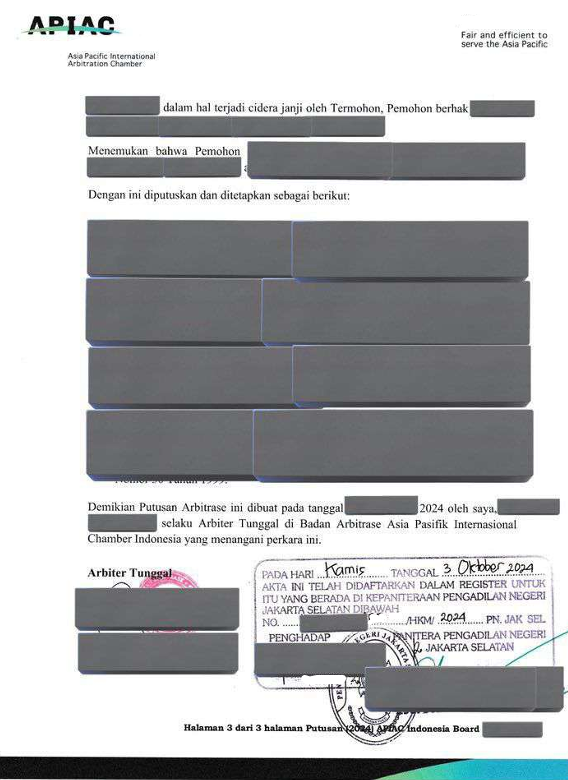 2024-10-09 09:38:56
2024-10-09 09:38:56 -
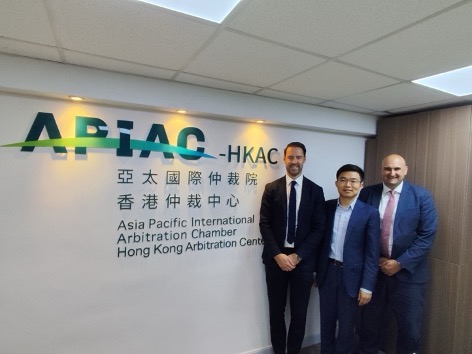 2024-10-10 15:40:31
2024-10-10 15:40:31 -
 2024-10-11 15:13:22
2024-10-11 15:13:22 -
 2024-10-23 17:08:52
2024-10-23 17:08:52 -
 2024-10-23 17:10:37
2024-10-23 17:10:37 -
 2024-10-23 17:12:12
2024-10-23 17:12:12 -
 2024-10-24 12:36:20
2024-10-24 12:36:20 -
 2024-10-29 15:45:32
2024-10-29 15:45:32 -
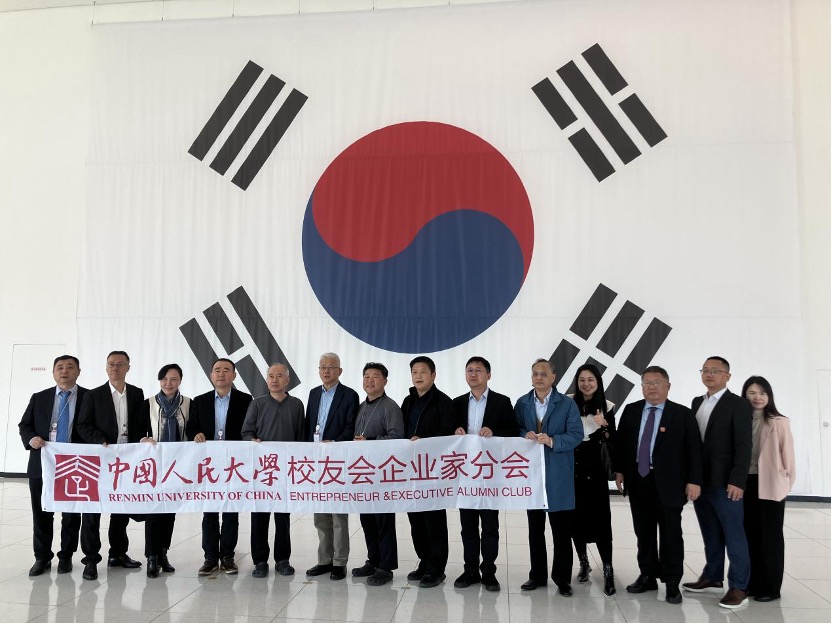 2024-11-01 16:45:33
2024-11-01 16:45:33 -
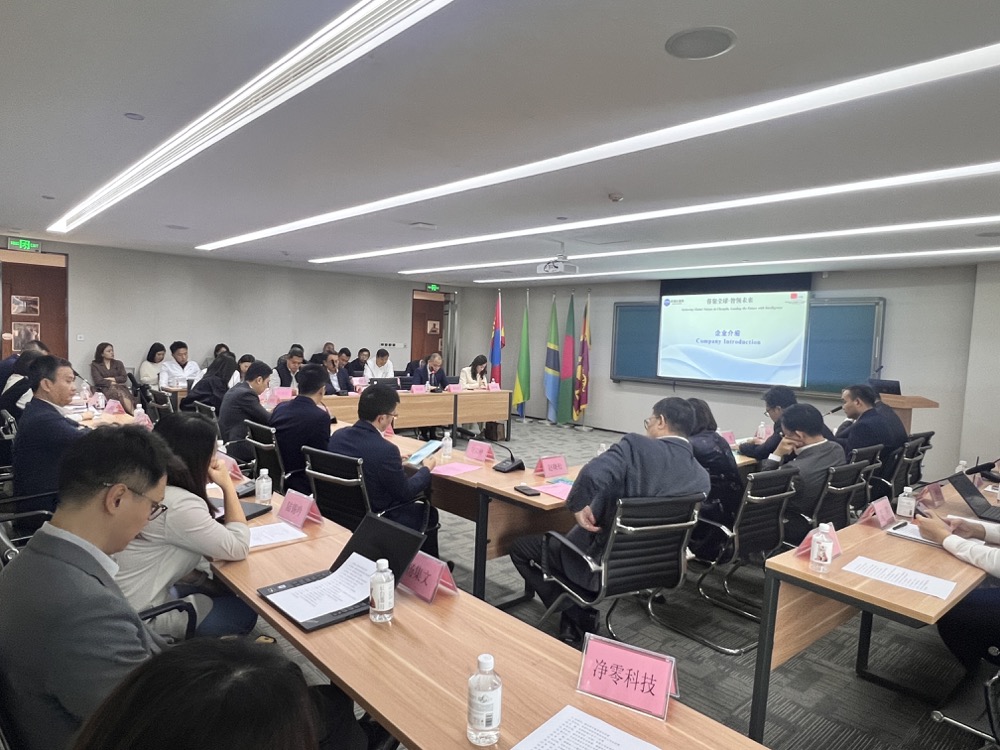 2024-11-01 16:50:15
2024-11-01 16:50:15 -
 2024-11-01 18:07:18
2024-11-01 18:07:18 -
 2024-11-05 15:44:55
2024-11-05 15:44:55 -
 2024-11-05 15:53:12
2024-11-05 15:53:12

 CN
CN BI
BI